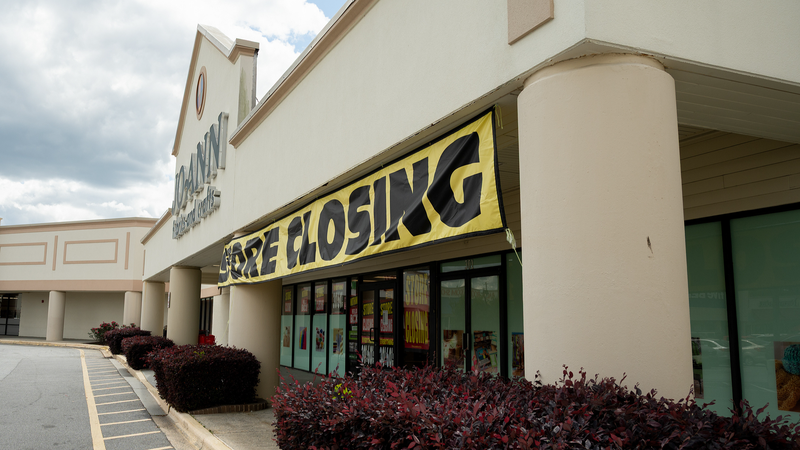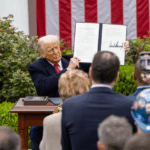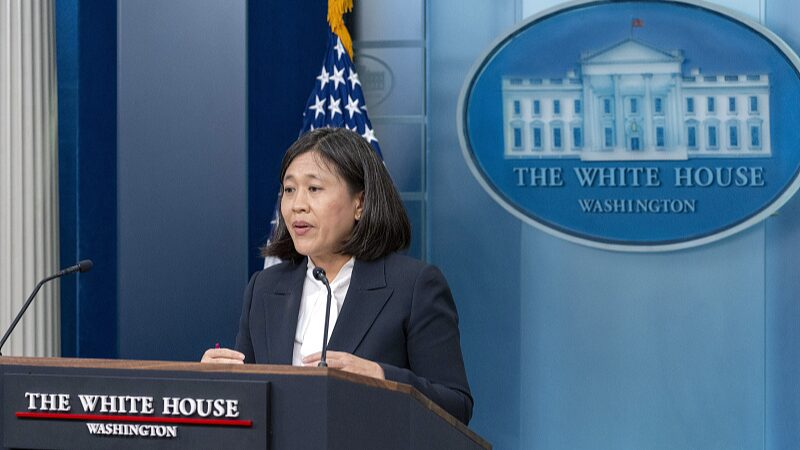In 1930, the U.S. enacted the Smoot-Hawley Tariff Act, a historic policy blamed for exacerbating the Great Depression. Now, nearly a century later, analysts warn that escalating U.S. tariff strategies risk repeating this 'Tariff-ic disaster,' threatening global economic stability in an increasingly interconnected world.
The 1930s law, passed despite fierce opposition from economists and business leaders, triggered retaliatory trade barriers worldwide, shrinking international commerce by 66% between 1929 and 1934. Today, similar protectionist measures could disrupt supply chains, inflate consumer prices, and strain diplomatic ties—with Asia's export-driven economies particularly vulnerable.
'Globalization means no economy operates in isolation,' said a Singapore-based trade analyst. 'Modern tariff wars could ripple through Asian manufacturing hubs, financial markets, and tech sectors within weeks.' As tensions rise, business leaders and policymakers are urging dialogue to avoid what historians call 'a textbook case of unlearned lessons.'
For the Asian diaspora and investors tracking cross-border commerce, the stakes are high. Researchers note that while tariffs aim to protect domestic industries, they often harm the very sectors they intend to shield—a dynamic seen in the 1930s U.S. agricultural collapse. With APEC members accounting for 60% of global GDP, cooperative trade frameworks may prove crucial in navigating current challenges.
Reference(s):
cgtn.com







